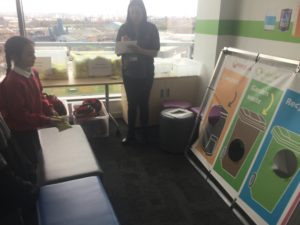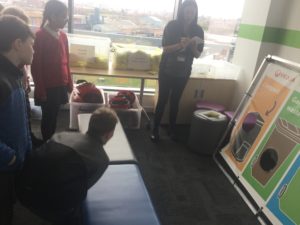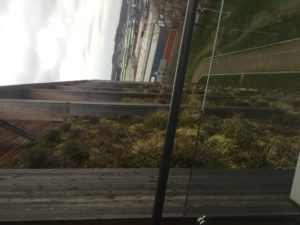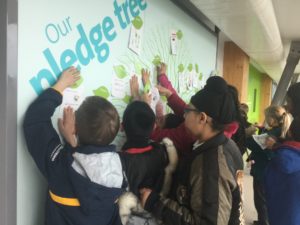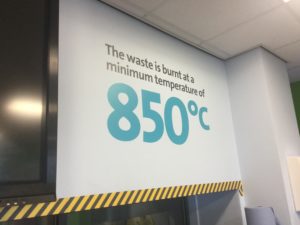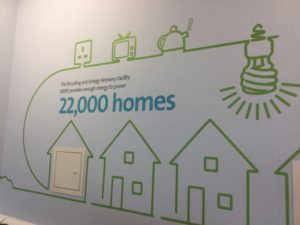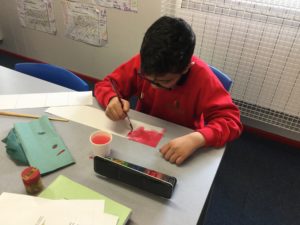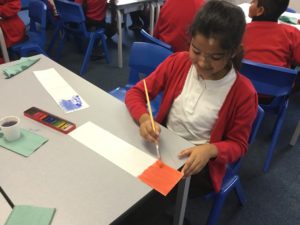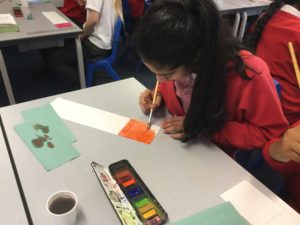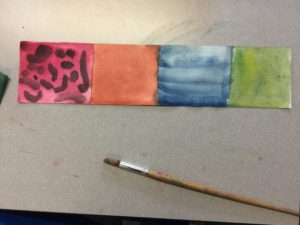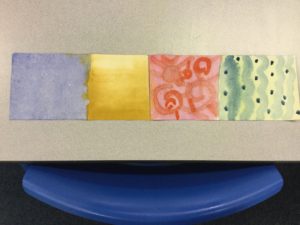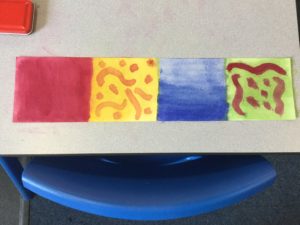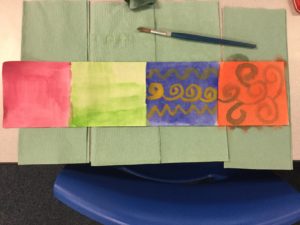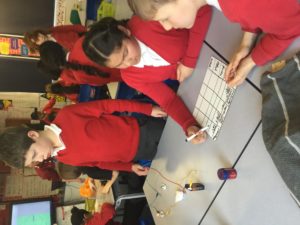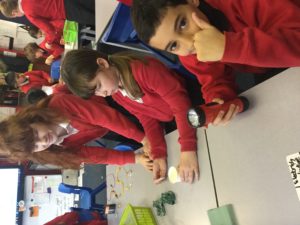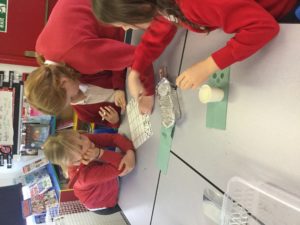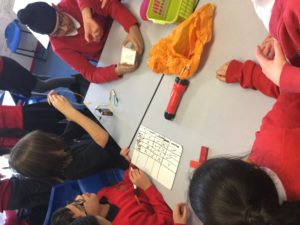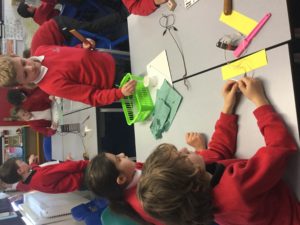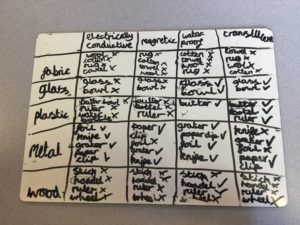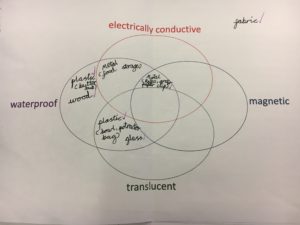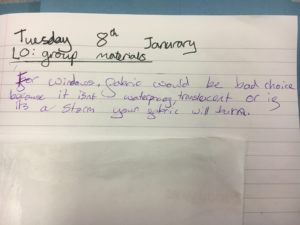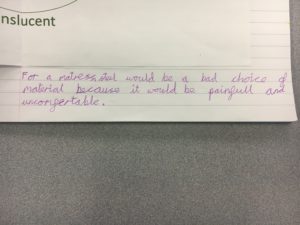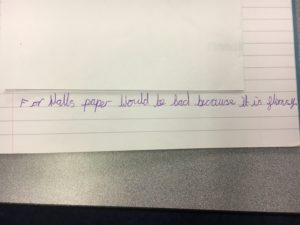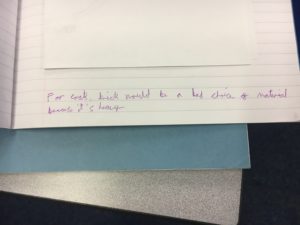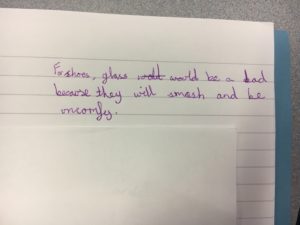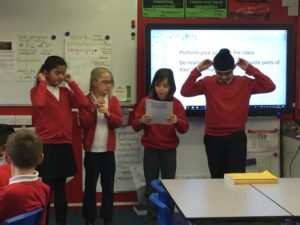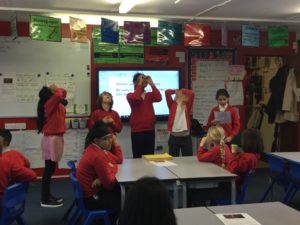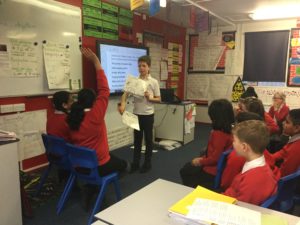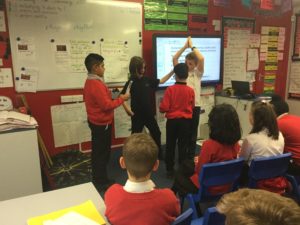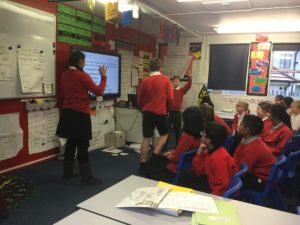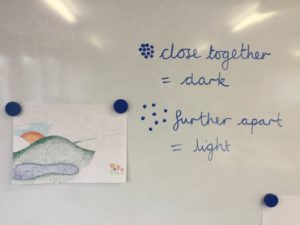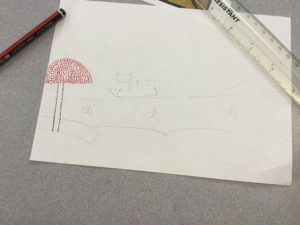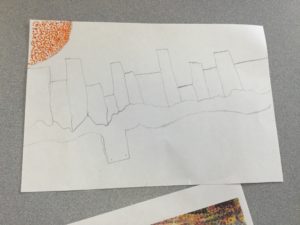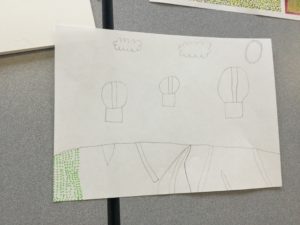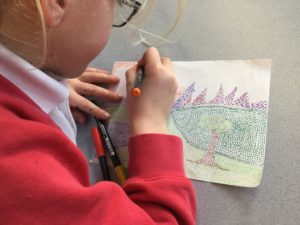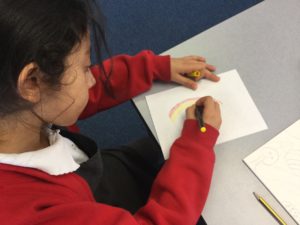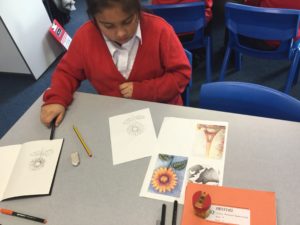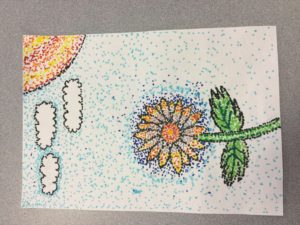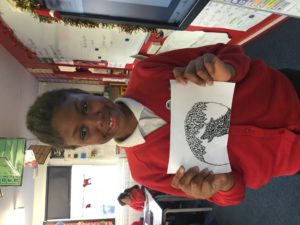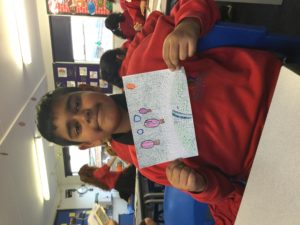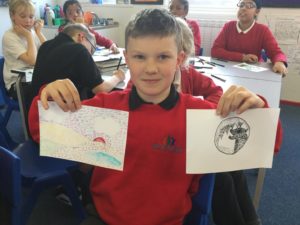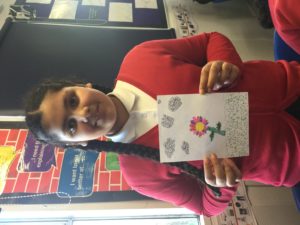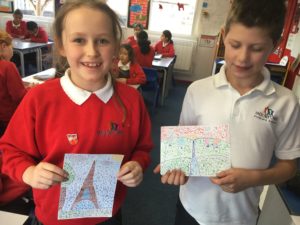This week’s Living and Learning theme is I can make things better. Year 5 had a very in depth and beneficial circle time to discuss how we can solve problems and improve any tricky situations we are experiencing. We covered some important topics: sleep, resolving arguments and online behaviour.
We first “opened up the floor” to ask if anyone was having difficulty with anything and I would like to thank Year 5 for being very mature, open and honest.
Our first topic was sleep; lots of us said we were finding it hard (or harder) to sleep since returning to school. This included Miss Wilson! Here are our top tips, if you’re having trouble:
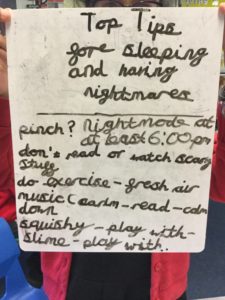
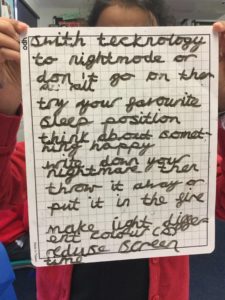
Key points:
- Reduce / stop screen time in the hours leading up to bed.
- Write down any worries you have and scrunch them up.
- Listen to calming music or do something relaxing.
Next up – resolving arguments:
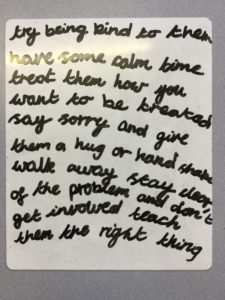
Key points:
- Treat people how you would like to be treated.
- Walk away and give yourself time to calm down if you need to.
- Be a good role model for siblings.
Finally, something that was very important for lots of people in the class and seems to have been causing a couple of issues outside of school. Here are our top tips:
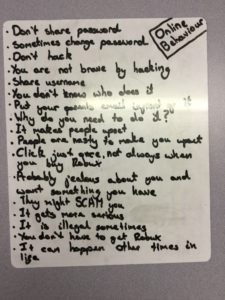
Lots of children were sharing their experiences of online behaviour that made them feel upset or uncomfortable. This is a great start. To make things better, often the first step should be to talk to someone.
Key points:
- Do not – DO NOT – ever share your password with someone under any circumstances! This is your personal information and should be kept a secret. Would you give anybody a key to your house or car? It’s the same thing.
- Change your password if you suspect anybody knows it. And make it as complex as you can whilst it still being memorable.
- Act online how you would in real life. Hiding behind a keyboard does not make you brave. Make sensible, kind choices online – just like when you’re face to face.
Thanks to Year 5 for our mature and beneficial talk this week.
If any parents or children are still having issues or have concerns, please come in to speak to me or to Mrs Weekes to discuss this further. Thanks!

